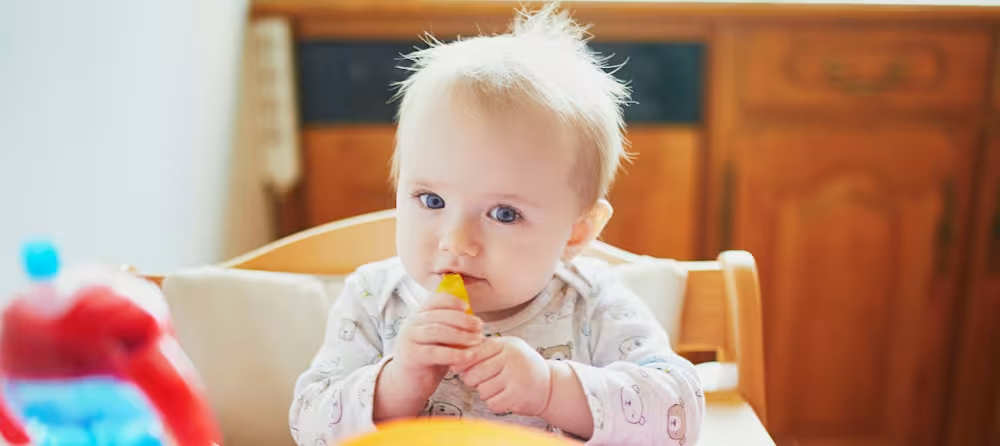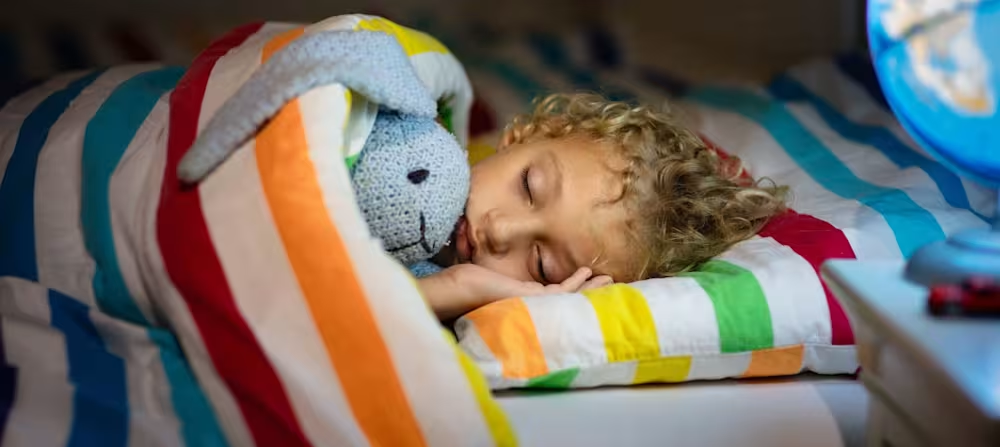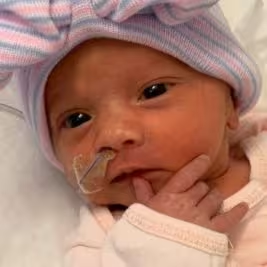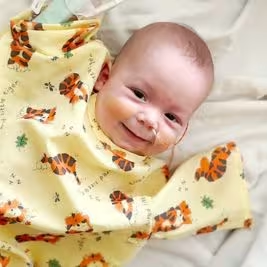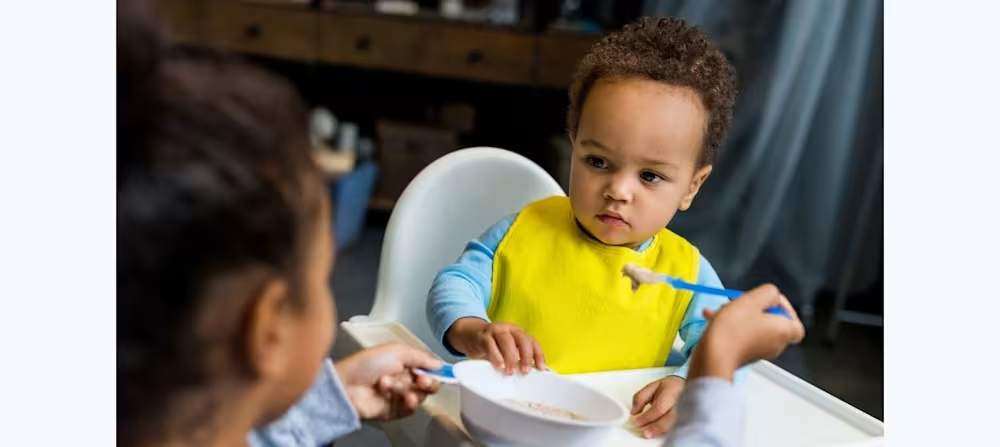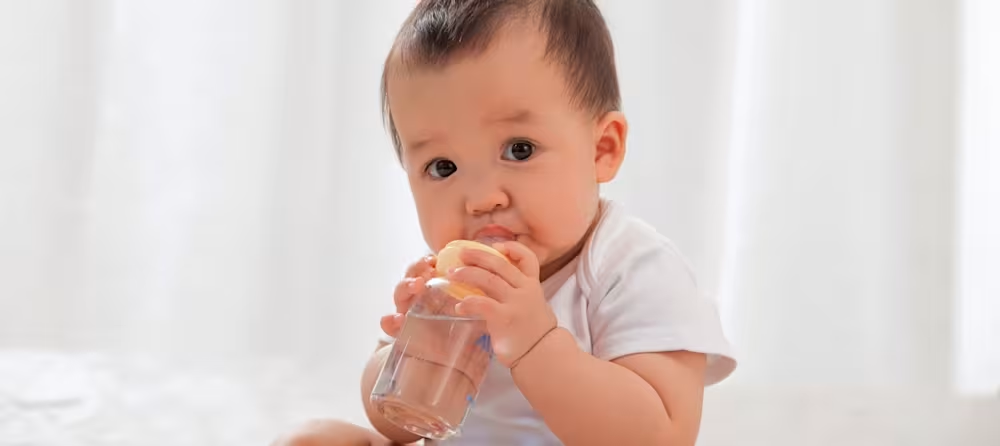How long does formula last before it goes bad? Can you reheat?
Updated Jan 02, 2026

Infant formula can be costly and require additional time and effort to acquire, so it's natural to want to make the most of every drop. Since infant formula can be a food safety concern if left at room temperature for extended periods, understanding the proper storage and handling techniques can help ensure your baby's safety and maximize your formula supply.
In this article, we'll discuss how long formula can safely remain at room temperature, effective storage methods, when refrigeration is necessary, and safe practices for bottle preparation to ensure the well-being of your little one.
How long can formula sit out at room temperature?
You've just made a bottle but your baby decides they're not ready to feed just yet. How long can you wait before that formula may go bad? The amount of time formula can be left out at room temperature depends on whether it’s prepared or still in the container. It’s also based on whether your baby drank from the bottle or not.
Let’s take a look at the scenarios with different formulas:
Prepared formula
It’s a common question among caregivers: How long is formula good for once mixed?
Prepared formula can sit at room temperature for up to two hours, and once a baby starts drinking from the bottle, it needs to be used within one hour.
If you’ve prepared formula but aren’t ready to start feeding just yet, you can store it in the refrigerator for up to 24 hours.
Unopened formula
Unopened formula should be stored in a cool, dry, indoor place — never in cars, garages, or outdoors. As long as it remains sealed and unopened, the formula should last until the “use by” date listed on the package. The FDA requires this date on every container of infant formula to indicate how long the formula's content and quality will last. []
Do not use formula past the “use by” date on the can. If you aren’t going through a can of formula in a month, we recommend buying smaller cans at a time or considering using ready-to-feed formula.
Opened formula
Typically, powder formula needs to be used within 30 days, but always check the label on the can to be sure. To help you keep track, you can write the date you opened the formula on the lid after opening it.
An open container of powder formula should be stored in a cool, dry, indoor place (not the refrigerator) with the lid tightly closed. You should avoid getting any water or moisture in the powder formula to help with preservation and extend the shelf life.
Opened containers of liquid concentrate and ready-to-feed formulas should be stored in the refrigerator and used within 48 hours. Liquid concentrate and ready-to-feed formulas are pasteurized so it reduces the chance of bacterial growth, whereas powdered formula is not pasteurized and is more likely to be contaminated.
Is it safe to reheat formula?
As a safety precaution, formula should not be reheated. Bacteria can spread once your baby’s saliva mixes with the formula, and the process of reheating only accelerates bacteria growth and causes nutrients to be lost. []
That said, it is perfectly safe to heat formula once, just before feeding. While warming is not necessary, some babies prefer it — and that’s okay! The key is to avoid heating it again after it cools. If your baby doesn’t seem to mind, either way, serving formula cold or room temperature works too.
If you choose to warm formula before feeding, the FDA recommends placing the bottle in a pot of water and heating it on the stove until warm (i.e., body temperature). [] You can also use a bottle warmer or run the bottle under a stream of warm water.
Most importantly, you should never microwave a bottle. Microwaves allow the bottle to remain cool on the outside while hot spots develop in the formula, which can burn your baby’s mouth. Always test a few drops of formula on your wrist before feeding; it should be warm, not hot. If it’s too hot to feed to your baby right away, you can leave it at room temperature to cool, run it under cold water, or place it in an ice bath.
Does formula have to be refrigerated?
It depends on what type and whether it’s been used. Here’s what you need to know about refrigerating formula:
If you prepare formula in advance, it needs to be refrigerated within two hours. It’s then good for up to 24 hours in the refrigerator.
An open container of powder formula should never be refrigerated.
Open containers of ready-to-feed formula, or formula prepared from liquid concentrate, can be covered and refrigerated for up to 48 hours. (Throw it away if it’s not used within that time frame.)
While refrigerating formula can be used to extend its shelf life in certain scenarios as described above, you should never use the freezer to store formula. Freezing can lower the quality of formula by causing it to separate. []
How long is a baby bottle safe for use after the baby drinks from it?
Once your baby starts feeding from a bottle, it’s recommended to use the formula within one hour, and then dispose of it. A baby introduces saliva to the formula, which can cause bacteria to grow. Throw away any formula from the bottle that is not taken within one hour; don’t refrigerate leftover formula in the bottle if it has been more than one hour since you offered the bottle.
Tips for formula safety you should know
To help keep your baby as safe as possible, here are the most important formula safety tips:
Tip #1: Keep things squeaky clean
Wash your hands before preparing formula, and only use clean bottles and nipples. Sanitize for extra safety precautions. Sanitizing is recommended for babies <2 months, born premature, or immunocompromised but not necessary for every baby.
Tip #2: Boil the water, let it cool, then add powdered formula
The safest way to prepare powdered formula is to boil the water you are using, let it cool for 5 minutes, and then add powdered formula. This will kill any bacteria that may be present in the powdered formula.
Keep in mind that boiling formula is recommended for infants younger than 2 months old, premature infants, or infants who are immunocompromised. While not necessary after 2 months, it is the safest way to prepare formula for babies of all ages.
Tip #3: Check your local water if needed
Unless there is a known contamination in your area, tap water is safe to use when preparing infant formula. (You can always check with your local health department if you are unsure!) Almost all tap water contains naturally occurring fluoride, which is also safe for your baby. Bottled water is another safe option for mixing with formula.
If you use private well water, it’s important to have it tested for bacteria and nitrates before mixing it with formula. Infants and children are more susceptible to certain contaminants sometimes found in well water. []
Tip #5: Don’t dilute
Diluting formula by adding extra water can be dangerous for your baby. It reduces nutrient intake which can result in deficiencies and malnutrition. Diluting can also disturb the electrolyte balance in a baby and cause water intoxication. To avoid this, always add water to the bottle first, then add formula.
Similarly, adding too much formula can cause gastrointestinal issues. Always follow the instructions on the formula can (or instructions provided by your pediatrician or dietitian) on how to prepare formula appropriately. (Keep in mind that until 6 months old.)
Tip #6: Pay attention to scoop size
Remember that scoop sizes vary depending on the manufacturer. If you’re switching between brands (i.e., generic and name brands), pay close attention to the instructions on the can and never mix and match different measuring scoops.
Place and temperature guidance on safely storing formulas
The next time you’re wondering how long formula is good for, here's a handy cheat sheet for all your formula storage needs:
Takeaway
Bottles of prepared or opened formula (powder, liquid concentrate, or ready-to-feed) can be left out at room temperature for two hours. Once your baby feeds from a bottle, you should finish that formula within one hour or discard it.
Bacteria begin to grow once your baby’s saliva mixes with the formula, so it’s important to throw out any leftover formula in the bottle after a feeding. We know, infant formula can be expensive and hard to come by. Having a pitcher of unused formula prepped ahead of time can help minimize waste.
If you’re preparing powder formula ahead of time, it can be stored in the refrigerator for up to 24 hours. Prepared formula from liquid concentrate or opened ready-to-feed formulas can be stored in the refrigerator for up to 48 hours.
An open can of powder formula should be stored in a cool, dry, indoor place and typically lasts until the “use by” date. Never store powder formula in the refrigerator.
The FDA requires a “use by” date on every container of infant formula that indicates how long the contents and quality of the formula will last. You should never use any infant formula past the “use by” date.
Be sure to wash your hands before preparing formula and only use clean bottles and nipples. Always follow the instructions on the formula can (or directions provided by your pediatrician or dietitian) for preparing it.
Diluting formula by adding extra water can be dangerous for your baby and adding too much formula can cause gastrointestinal issues. When mixing, always add water first, then add the formula.
Share article:
Note: The content on this site is for informational purposes only and should not replace medical advice from your doctor, pediatrician, or medical professional. If you have questions or concerns, you should contact a medical professional.
5 Sources
Share article:
